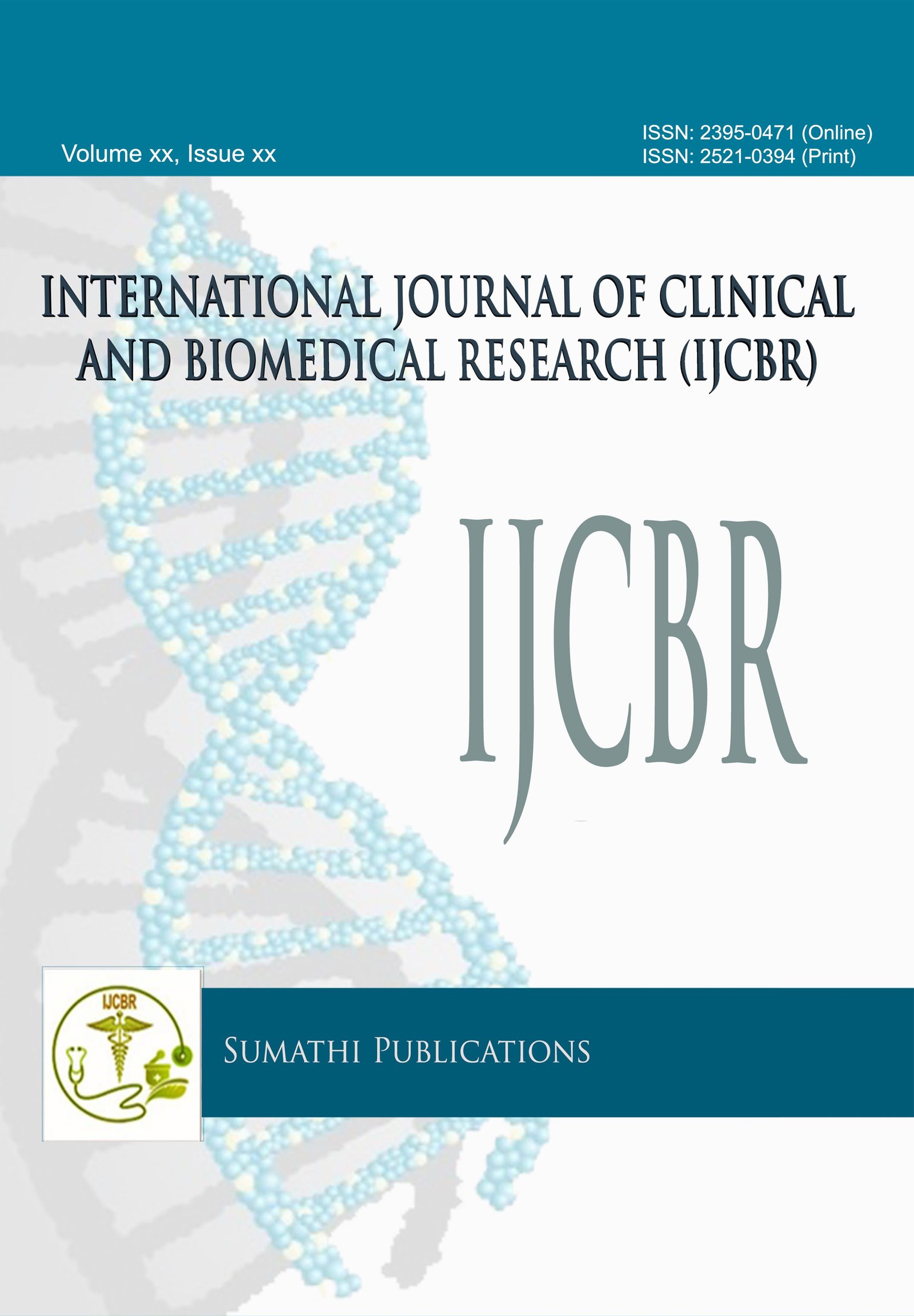EDIBLE MUSHROOM - A NUTRITIOUS FOOD IMPROVING HUMAN HEALTH
Abstract
Mushrooms have been consumed since earliest history. The word Mushroom is derived from the french word for Fungi and Mold. Now-a-days, Mushroom are popular valuable food because they are low in calories, carbohydrate, Fat, sodium and also cholesterol free. Besides this, Mushroom provides important nutrients, including salenium, potassium, riboflavin, niacin, Vitamin D, proteins and fiber. All together with a long history as food source. Mushroom are important for their healing capacity and properties in traditional medicine. It has reported beneficial effects for health and treatment of some disease. Many nutraceutical properties are described in Mushroom like cancer and antitumor attributes. Mushroom act as antibacterial, immune system enhancer and cholesterol lowering Agent. Additionally, they are important source of bio-active compounds.
Downloads
Downloads
Published
Issue
Section
License
The journal allows the author(s) to hold the copyright without restrictions and will retain publishing rights without restrictions.
The submitted papers are assumed to contain no proprietary material unprotected by patent or patent application; responsibility for technical content and for protection of proprietary material rests solely with the author(s) and their organizations and is not the responsibility of the journal. The main (first/corresponding) author is responsible for ensuring that the article has been seen and approved by all the other authors. It is the responsibility of the author to obtain all necessary copyright release permissions for the use of any copyrighted materials in the manuscript prior to the submission.
What are my rights as an author?
It is important to check the policy for the journal to which you are submitting or publishing to establish your rights as
Author. Journal's standard policies allow the following re-use rights:
- The journal allows the author(s) to hold the copyright without restrictions.
- The journal allows the author(s) to obtain publishing rights without restrictions.
- You may do whatever you wish with the version of the article you submitted to the journal.
- Once the article has been accepted for publication, you may post the accepted version of the article on your own personal website, your department's website or the repository of your institution without any restrictions.
- You may not post the accepted version of the article in any repository other than those listed above (i.e. you may not deposit in the repository of another institution or a subject-matter repository) until 12 months after publication of the article in the journal.
- You may use the published article for your own teaching needs or to supply on an individual basis to research colleagues, provided that such supply is not for commercial purposes.





